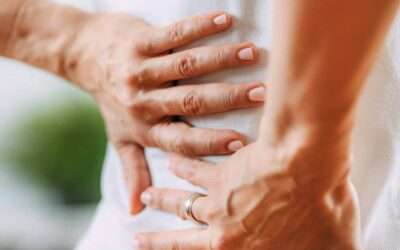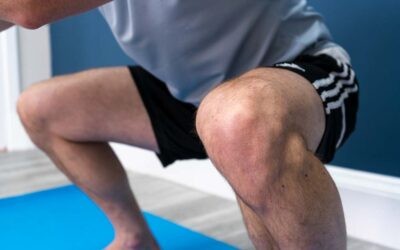This year I celebrated a big birthday. I am not phased by getting older at all and in many ways I feel healthier and happier than when I was in my 20’s. This has been down to developing healthy sustainable lifestyle habits and learning what works for me to maintain good mental and physical health. I’ve recently started to think more about my exercise habits and how these will change or be sustained as I enter deeper into my 40’s and beyond.
I don’t know enough about the menopause: it’s not taught, it’s not discussed enough, so I bring you this information from some reading and research I’ve done recently so I am better informed and can be more aware of how this often life-changing experience affects women, including myself.
Every female body undergoes changes due to the menopause, when periods stop and oestrogen levels start to decline. Menopause starts for most women between 45 and 55, average age being 51. About 1 in 100 women experience the menopause before the age of 40.
Menopausal symptoms can begin months or even years before your periods stop and last around 4 years after your last period, although some women experience them for much longer. Women are affected differently and there are many symptoms. Common symptoms include hot flushes, weight gain, mood changes, memory problems or ‘brain-fog’, anxiety, bladder weakness and joint pain although there are many more symptoms associated with the menopause. The symptoms can impact on sleep, energy levels, affect relationships and self-esteem.
The good news is exercise can help with the majority of menopausal symptoms and their effects.
Sleep that is affected directly by hot flushes or indirectly by anxiety, can be improved by exercise. There is also some evidence that exercise can reduce the frequency and intensity of hot flushes.
Many women report looking good and feeling good is a priority during menopause. This can help promote positive self-esteem. Endorphins, the chemicals that make us feel good are released when we exercise. Exercising can be a social experience, helping with low mood. Exercise and a healthy diet can also help maintain a healthy weight, with weight gain being a commonly reported problem as metabolism can slow down.
Strength training is known to have a positive effect on bone density and muscle mass by boosting metabolism. Reduced oestrogen can lead to loss of muscle mass and bone density. Women are at more risk of osteoporosis and osteopenia after menopause. Reduced bone density can lead to conditions such as osteopenia and osteoporosis which can lead to fractures. Bone density is something which exercise can positively impact before, during and after menopause. Resistance or strength training and weight-bearing exercise are really important for improving and maintaining bone density.
Joint pain may affect exercising during menopause. Exercise that will improve strength around joints can help reduce pain and if your usual exercise routine is limited by pain, talk to a Physiotherapist about what you can do to reduce joint pain and remain active.
Strengthening the pelvic floor and core muscles can help with symptoms of bladder weakness. This can often be treated, so don’t feel embarrassed to talk about bladder weakness with a health care professional.
There is no ideal prescription for exercising in menopause and the individual’s preference is really important. Some might de-stress with a yoga class or someone else wants stress-bust during a high energy spin class.
The key messages are:
- Exercise can help the majority of menopausal symptoms, and their effects
- More specific problems like reduced bone density or bladder weakness may need targeted exercise programmes
- Joint pain should not be a reason to stop exercising during menopause
- Menopause affects women differently and don’t be afraid to talk to a health care professional about the impact on you
- Menopause can persist for months or years. You can prepare ahead of time by introducing exercise or increasing your activity levels
Pamela Couper
Head Physio
Optimal Physio Largs
For further information and advice:


0 Comments